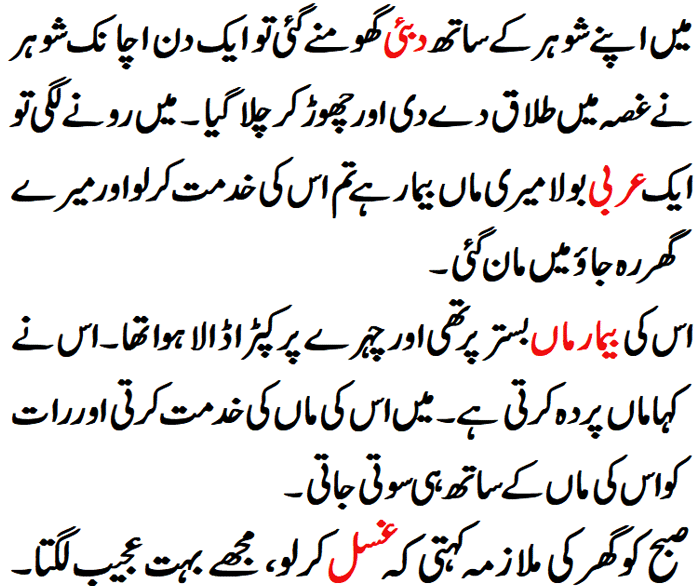Skin fasting has gained traction as a skincare trend advocating for periods of minimal or no skincare product use to allow the skin to restore its natural balance and function. While it promises benefits like reduced product dependency and improved skin health, it may not be suitable for everyone. In this article, we delve into what skin fasting entails, who can benefit from it, and who should approach it cautiously or avoid it altogether.
Understanding Skin Fasting
Skin fasting involves abstaining from most skincare products, including cleansers, moisturizers, serums, and makeup, for a designated period. The goal is to give the skin a break from external influences and allow it to regulate and heal on its own.
Who Can Benefit from Skin Fasting?
Skin fasting may be beneficial for individuals who:
- Have Sensitivity Issues: Constant exposure to skincare products can sometimes aggravate sensitive skin conditions. Skin fasting allows the skin to calm down and reduce potential irritation.
- Experience Product Overload: Using multiple skincare products can overload the skin and lead to issues like clogged pores or product buildup. Skin fasting can help reset the skin and prevent such problems.
- Want to Simplify Their Routine: For those with elaborate skincare routines, skin fasting can serve as a reset, allowing them to reassess their skincare needs and simplify their regimen.
- Seek to Restore Natural Balance: By reducing product usage, skin fasting can help restore the skin’s natural pH balance and oil production, potentially leading to healthier-looking skin.
- Experience Over-Exfoliation: Over-exfoliating can compromise the skin’s barrier function. Skin fasting allows the skin to recover and rebuild its protective barrier.
Who Should Approach Skin Fasting with Caution or Avoid It?
While skin fasting can benefit some, it may not be suitable for everyone, especially:
- Those with Specific Skin Conditions: Individuals with conditions like severe acne, eczema, rosacea, or dermatitis should consult a dermatologist before attempting skin fasting. These conditions may require consistent treatment that skin fasting could disrupt.
- People with Dry Skin: Dry skin types may find that skin fasting exacerbates dryness and discomfort. It’s crucial to maintain adequate hydration and moisture levels for dry skin, which may not be supported during a fasting period.
- Individuals Exposed to Environmental Pollutants: Living in areas with high pollution levels or having jobs that expose the skin to pollutants may require regular cleansing and protection that skin fasting may not provide adequately.
- Users of Prescription Skincare: If you’re using prescription skincare products for conditions like acne or hyperpigmentation, interrupting treatment without medical guidance may reverse progress or worsen symptoms.
- Regular Makeup Users: Makeup can accumulate on the skin and may require effective cleansing to prevent pore clogging and potential breakouts. Skipping cleansing entirely during skin fasting may lead to skin issues.
Practicing Skin Fasting Safely
If you decide to try skin fasting, consider these tips to do it safely:
- Start Gradually: Begin by reducing the frequency of product use or eliminating one product at a time to gauge your skin’s response.
- Monitor Skin Reactions: Pay attention to how your skin reacts during the fasting period. If you notice signs of irritation, excessive dryness, or breakouts, consider adjusting your approach or seeking professional advice.
- Maintain Hydration: Even during skin fasting, ensure your skin stays hydrated by drinking plenty of water and using a lightweight moisturizer if necessary.
- Sun Protection: Always apply sunscreen during the day to protect your skin from UV damage, regardless of your skincare routine.






